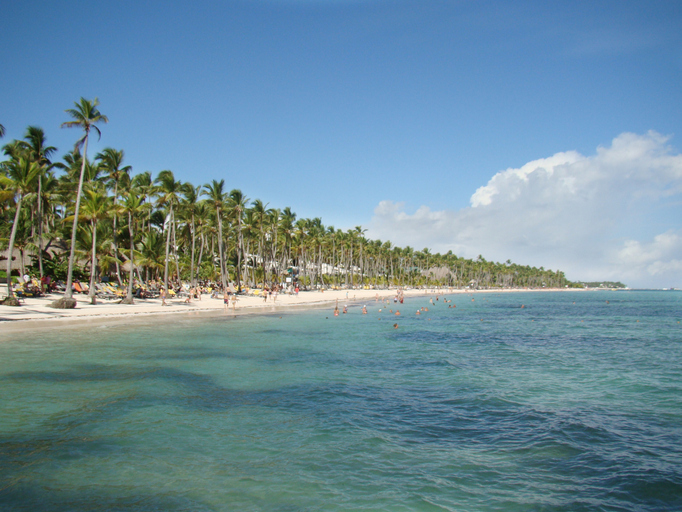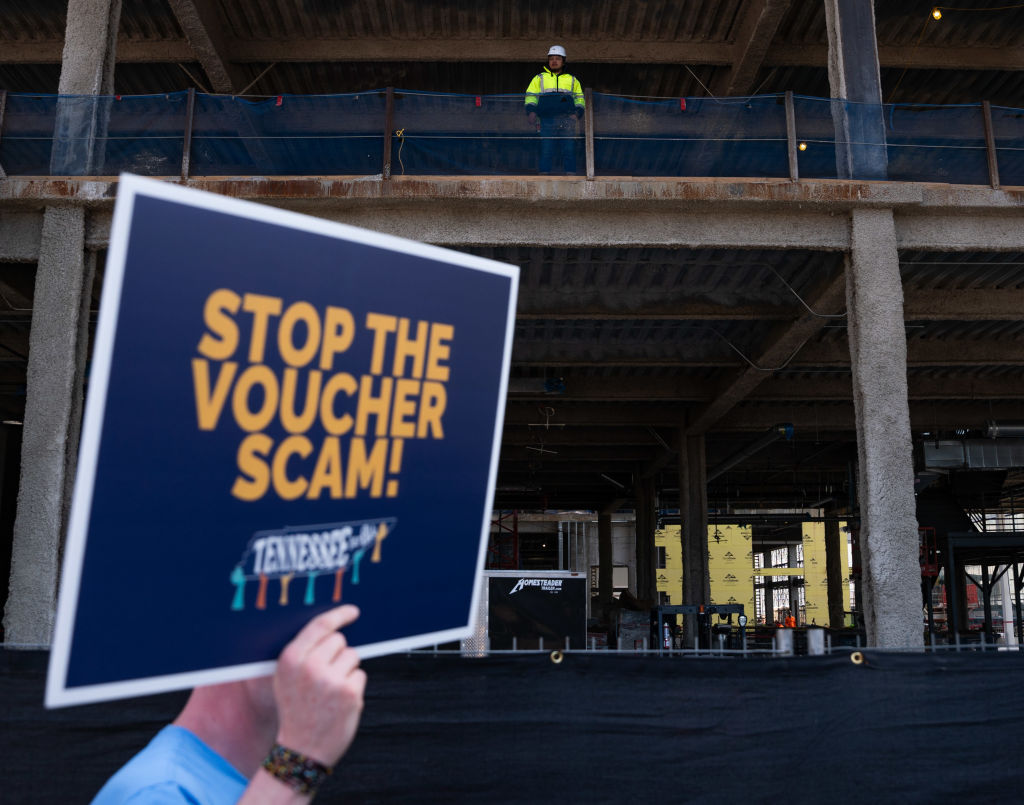Sudan Is Burning But People Don’t Care Because It’s Not A Cathedral
Have you heard?
There’s a vicious government-sanctioned massacre happening in Sudan that has resulted in hundreds of dead protesters. Here’s what happened: young activists in the country staged protests after the overthrow of leader Omar al-Bashir led to the military announcing that it would assume control for three years. The pro-democracy activists had been leading demonstrations and sit-ins since April. On June 3rd, the Transitional Military Council (TMC) decided to disperse the sit-in by using the most violent means available.
The TMC’s motivation was to silence the protests, to quell the uprising that would usurp a militaristic regime’s power. However, the protesters would not relent. They put their lives on hold. They sacrificed. They made noise. They formed a voice that could topple oppression until the TMC was so threatened that they unleashed death upon a populace of innocent men, women and children.
https://twitter.com/0thugxx/status/1139457502184169474
The TMC didn’t just disperse the protesters, they led a large-scale massacre that left 120 people dead with 40 more bodies dumped in the Nile river. One such protestor was 26-year-old Mohamed Mattar who was allegedly killed while protecting two women from TMC attacks. He’s become a symbol for the movement and the fact his favorite color is blue has led to thousands of social media users – celebrities included – to turn their social media profile pictures blue. Sadly, the Sudanese activists have had to turn to social media to raise awareness of the situation because — as is typical with massacres in Africa — nobody seems to give a damn.
The Sudanese crisis has been relegated to the margins of mainstream media outlets and TV coverage, nestled firmly behind Donald Trump’s latest threats of treason or creative ways to say “racist” without saying “racist.” As I shake my head at yet another case of massive Black death being overshadowed by…well … literally anything else, I can’t help but think back to April.
On April 15th, just a week after the Sudanese protests began, ironically, the infamous Notre-Dame Cathedral in Paris went up in a blaze. The fire, in which no one was injured or killed, was a devastating tragedy across the world as a place of worship and history was mostly lost to us forever. Immediately, GoFundMe pages went up to donate to the rebuild and news stations ran side-by-side video of the fire throughout the day while pundits lamented the fall of an international monument.
https://twitter.com/danaxnee/status/1139480966739693569
Sudan doesn’t get such tribute. Instead, Sudanese death — and, in general, African death and Black death — is rarely cause for international recognition. Nor is it cause for action. It’s barely cause for news reports. That’s because so much of the world sees genocide in Africa as a natural topographical occurrence like a Seattle rainstorm or a Florida hurricane. According to society’s narrative, African death is never an anomalyis supposed to happen.
https://twitter.com/baklavabae/status/1138979846573498373
I have yet to find a floor to how little Black life is valued in this world. Just when I think I’ve seen Black folks treated worse than dogs or material holdings and imagine the depths of how we can be disregarded, I find new examples of how little we are worth. So when I think about the way the rest of the world refuses to care about the lives lost in Sudan and the amount of grief expressed over a historical building, I’m reminded that we are the only people who will care about us. We are the only ones who will fight for us. And we are the ones who have to maintain awareness and find ways to survive in a place where that survival is neither expected nor welcome. But at the very least, we as an entire human race have got to get to the point where we care as much about human lives as we do buildings when both go up in flames.
David Dennis, Jr. is a writer and adjunct professor of Journalism at Morehouse College. David’s writing has appeared in The Guardian, The Smoking Section, Uproxx, Playboy, The Atlantic, Complex.com and wherever people argue about things on the internet.
SEE ALSO:
















